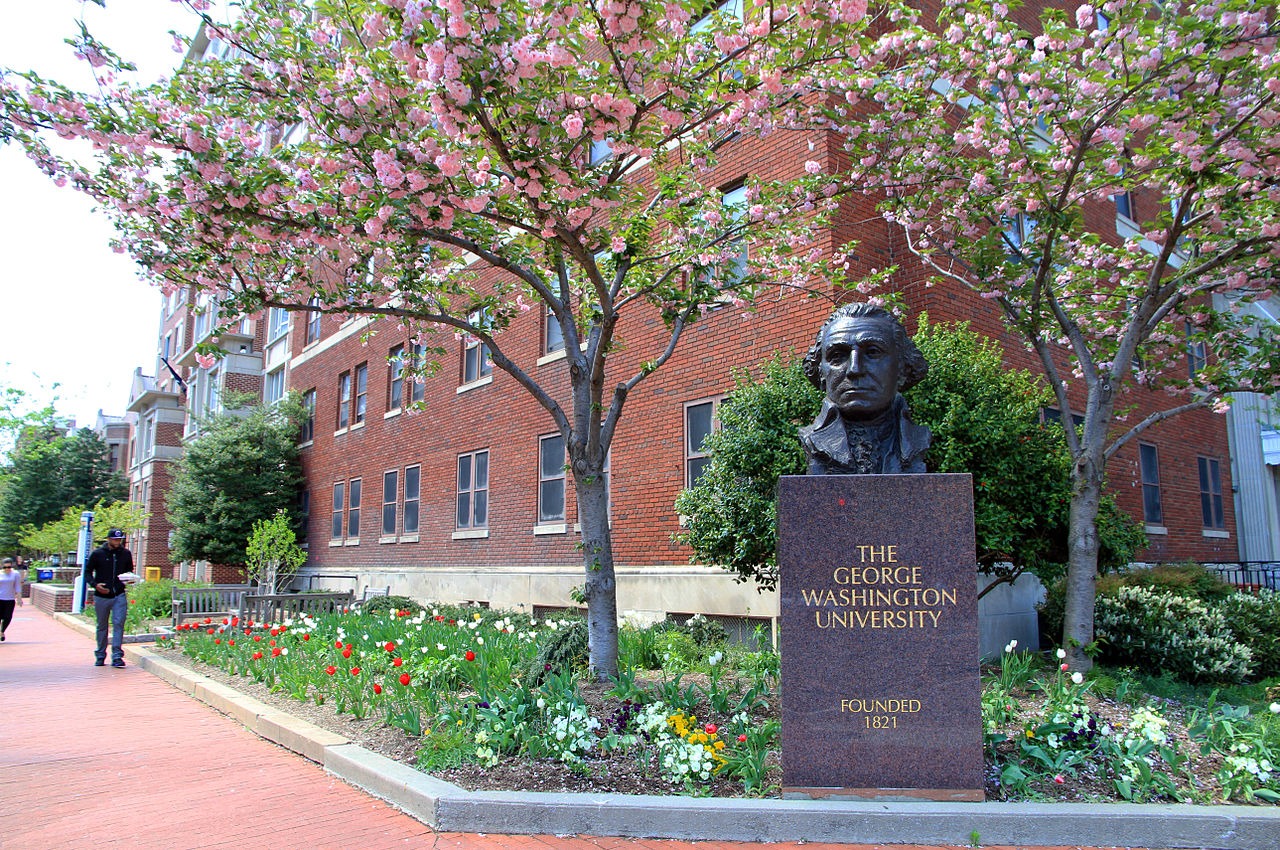UMW, GWU partnership leads medical students in right direction
2 min read
The George Washington University medical school and Mary Washington pre-med students partner together. | Wikipedia/Ingfbruno
By ESTER SALGUERO
New opportunities are available for pre-med students in obtaining early admission consideration into one of the top medical schools in the country.
This July, President Rick Hurley signed an agreement with Richard Finkelstein, dean of the College of Arts and Sciences, forming a partnership with the School of Medicine program at The George Washington University. Kevin Nies, an alumni and the Director of Admissions at GWU, was the sole initiator of this partnership.
With this partnership in place, qualified pre-med honor students will be able to have the assurance of continuing their medical careers with one of the top notch medical programs in the country if they are accepted into GWU during the summer of their sophomore year.
George Washington University’s program encourages students to take their last two years in college and fill them with experiential learning, instead of requiring the Medical College Admissions Test. Experiential learning can come in the form of internships, studies abroad, volunteer work and focused school careers full of 200 level classes or higher.
Finkelstein envisions the outcome of this partnership as establishing a relationship that will provide pre-med students with advisory resources and connections that could have been much harder to come by in the competitive field of medical science.
As U.S. News discovered, out of 11,000 total applicants to GWU only 300 are accepted, this partnership pushes UMW students ahead of the other candidates.
Now that freshmen and sophomore pre-med students have this contingency, they can save time by not having to study for the MCAT or worrying about scores. As Finkelstein put it, pre-med students now have the time “to do things that are personally and professionally satisfying.”
One senior who recognizes the importance of this partnership is Kristina Krumpos, who is majoring in Biology with a minor in Chemistry. Krumpos is a pre-med student currently in the application process to many prestigious medical schools such as Duke, Alpert and John Hopkins.
As someone who has recently endured the tortuous MCAT, Krumpos sees the value of this partnership and the benefits it can bring to incoming freshmen. “Freshmen and sophomores that are in the honors program definitely take this opportunity, you need to get involved with this,” Krumpos said.
Krumpos explained GWU’s intentions in not requiring the MCAT as a strategic move in attaining a student’s full commitment to their program and making sure they do not attempt to get into other medical schools during that time. Even though students are not guaranteed admissions and are required to sustain a 3.6 GPA, the early consideration process happens during sophomore year. Therefore, if students are not accepted, they still have the possibility of entering another medical program.


